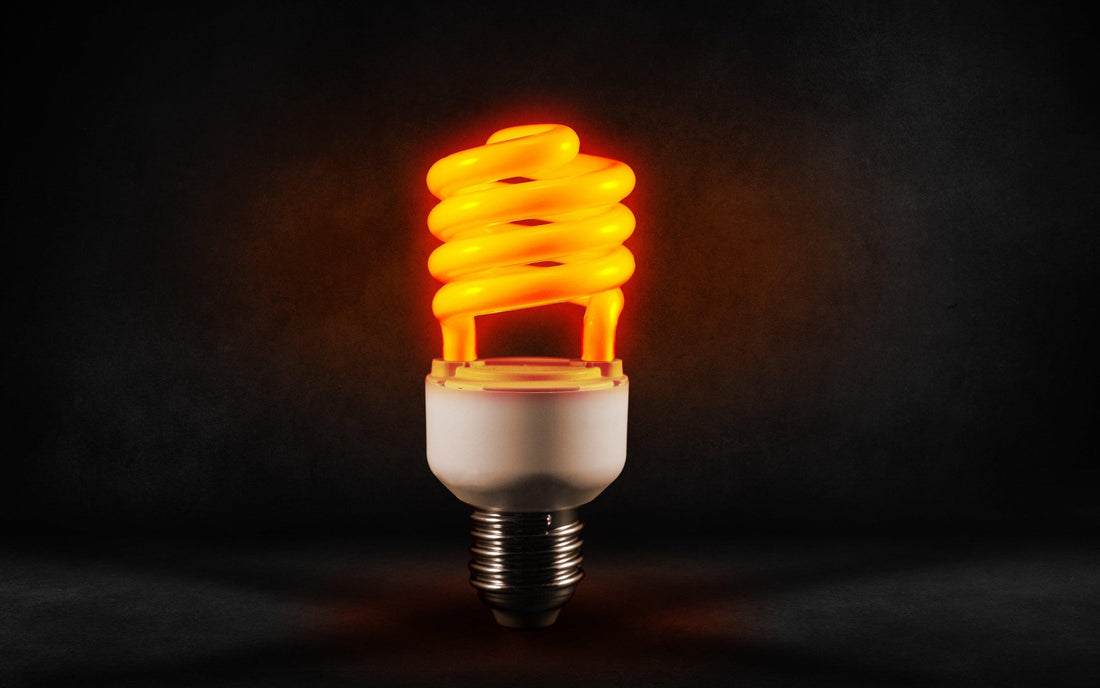
Solar Lane's Top Tips to Save Energy
Electricity is a key resource in advancing social and economic development. In this day and age, it's hard to point at any business or social establishment that doesn't depend on the availability of electricity to operate efficiently. A variety of key sectors such as healthcare, banking, manufacturing, transport, retail and leisure industries all depend on reliable access to electricity in order to implement their plans. Households also rely on the availability of electricity for use of appliances and lighting.
Despite this fact, electricity isn't cheap. Both household and commercial consumers pay Eskom monthly bills covering the cost of electricity production and supply. This means that consumers have a very big responsibility to save money.
Our Top Tips on How to Save Electricity in 2023
- Most importantly, going solar! - With a full solar PV system you can significantly reduce your monthly utility bill. At Solar Lane you can also supplement daily electricity draining items with our Solar Accessories including solar lights, solar chargers, solar security and solar kits. These items will allow you to reap the benefits of renewable energy without a large capital outlay.
- Make a habit of turning off lights - If you are doing nothing in a living or business space, turn off unnecessary lights - Lights are a necessity, but there is something to be stressed in this case: unless it is for security reasons, you do not need lights in spaces where you aren't doing anything. When you don't need lights, turn them off as much as possible. Remembering to turn off lights when you leave a room can add up to a few hours of saved electricity per year.
- Unplug idle appliances - The easiest way to waste electricity in households and business premises is to leave electrical appliances on sockets when they are not being used. By switching off and unplugging your television and music system when you are not using them, you can save a significant amount of energy.
- Shower fast! - It takes electricity to heat water in a geyser, which means that unless you use solar energy, you have to take a short shower. As a result, the shorter the bathing session, the less water you use, which means less electricity must be used to heat the water again.
- Laptop over a desktop - Home-schooling and working from home are part of the new normal. Most business and school work is done digitally via computers. In order to save money on electricity, you can dispose of your desktop or trade it in for a laptop. It has been scientifically proven that laptops use less electricity than desktop computers.
- Braai instead of oven - When it comes to cooking your favorite steak, ovens are obviously the dependable and efficient option. The drawback is that ovens use a lot of electricity to sufficiently prepare your meat. Why use the oven when you could have a braai outside? After all, your mind will appreciate a respite from the culinary atmosphere.
- Laundry - Most individuals prefer to use warm water instead of cold when doing their laundry. You can stop doing this to prevent the geyser's supply of electrically heated warm water from running dry. If you use cold water, you won't have to whine about how expensive the geyser is.
- Switch to a different lighting system. What kind of lighting system do you currently have?You could pay a lot more if the lighting is outdated and old. Consider using dimmer switches, compact fluorescent lights (CFLs) rather than standard bulbs, or bulbs with lower wattages, among other options.
- Heaters are necessary during the winter, but they consume a lot of electricity. By employing contemporary, energy-efficient infrared electric heaters, you may reduce your energy costs.
- Dishwasher – Dishwashers are a standard fixture in both residential and commercial buildings. By filling it every time you need to use it rather than just using it for a few cups and plates, you can lessen the amount of energy that they consume. You can also switch it off before drying and wipe with a kitchen towel instead. A properly maintained dishwasher with clean filters doesn't demand too much power.
- A refrigerator is a need. Regular defrosting will help you lower the amount of electricity your refrigerator uses. Additionally, you can set your freezer between -20°C and - 22°C and your refrigerator between 2°C and 5°C. You can try to avoid filling up your fridge. The quality of the food is eventually impacted by an overloaded fridge, which uses up to 10% to 20% more electricity for each additional item. (eskom.co.za)
- Kettle: A kettle is a great tool for swiftly heating water, but it also uses electricity. Instead of using a full kettle, fill it up to the element to limit the amount of energy it uses.
- People undervalue things like the color of a building's walls in terms of energy conservation. Utilizing light will help you save electricity. Darker colors on your walls will require more light bulbs to produce the same effect because they absorb light. The amount of heat loss you experience will also depend on the color of the wall.
